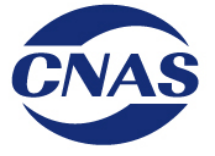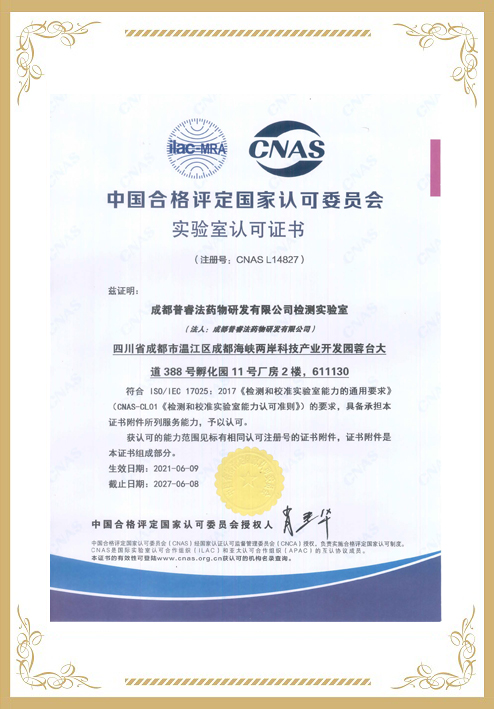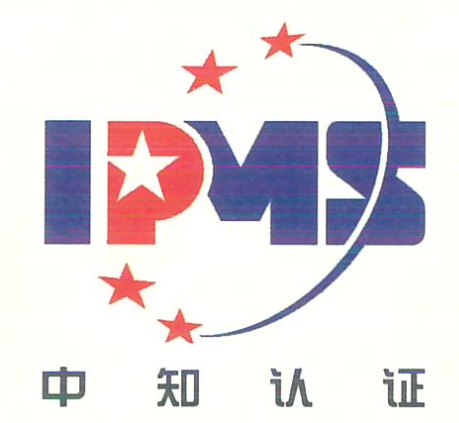Abstract
Ethnopharmacological relevance
Gyejibokryeong-hwan is a traditional herbal medicine and is reported to have various pharmacological actions. Despite many reports of previous studies, there is limited scientific evidence concerning its safety and few drug-metabolism profiles to support the continued therapeutic application of Gyejibokryeong-hwan.
Aim of the study
The purpose of the present study was to investigate the acute and subacute toxicity profile of a Gyejibokryeong-hwan water extract (GBHW) in vivo, and its effects on the activities of drug-metabolizing enzymes in vitro.
Materials and methods
Acute and subacute toxicity was evaluated by giving GBHW to rats. In a study of acute toxicity, the rats were given GBHW by single oral gavage administration at 0 and 5000?mg/kg. In a study of subacute toxicity, rats were given GBHW by oral gavage at 0, 1000, 2000, and 5000?mg/kg/day daily for 28 days. The activities of the major human microsomal cytochrome P450 (CYP450) and UDP-glucuronosyltransferase (UGT) isozymes were investigated using fluorescence- and luminescence-based enzyme assays in vitro, respectively.
Results
GBHW did not cause any mortality in the study of acute toxicity. In the study of subacute toxicity, GBHW at more than 2000?mg/kg/day was observed with minor changes in the absolute and relative organ weight, hematology, serum biochemistry and urinalysis parameters in rats of either sex. However, these changes were not considered to be important toxicologically. GBHW moderately inhibited the activities of CYP1A2, CYP2B6, CYP2C9, CYP2C19, CYP2E1, CYP3A4, and UGT1A1.
Conclusions
Our present data suggest that GBHW does not cause toxicologically important adverse events at doses up to 2000?mg/kg/day in the 4-week repeated dose toxicity study and provide valuable information concerning its potential to interact with conventional medicine.
… Albiflorin (PubChem CID: 51346141, purity 99.8%) and paeoniflorin
(PubChem CID: 442534, purity 99.4%), were obtained from Wako (Osaka,
Japan). Oxypaeoniflorin (PubChem CID: 21631105, purity 98.5%) was obtained from Chengdu Biopurify phytochemicals Ltd (Chengdu, China).























